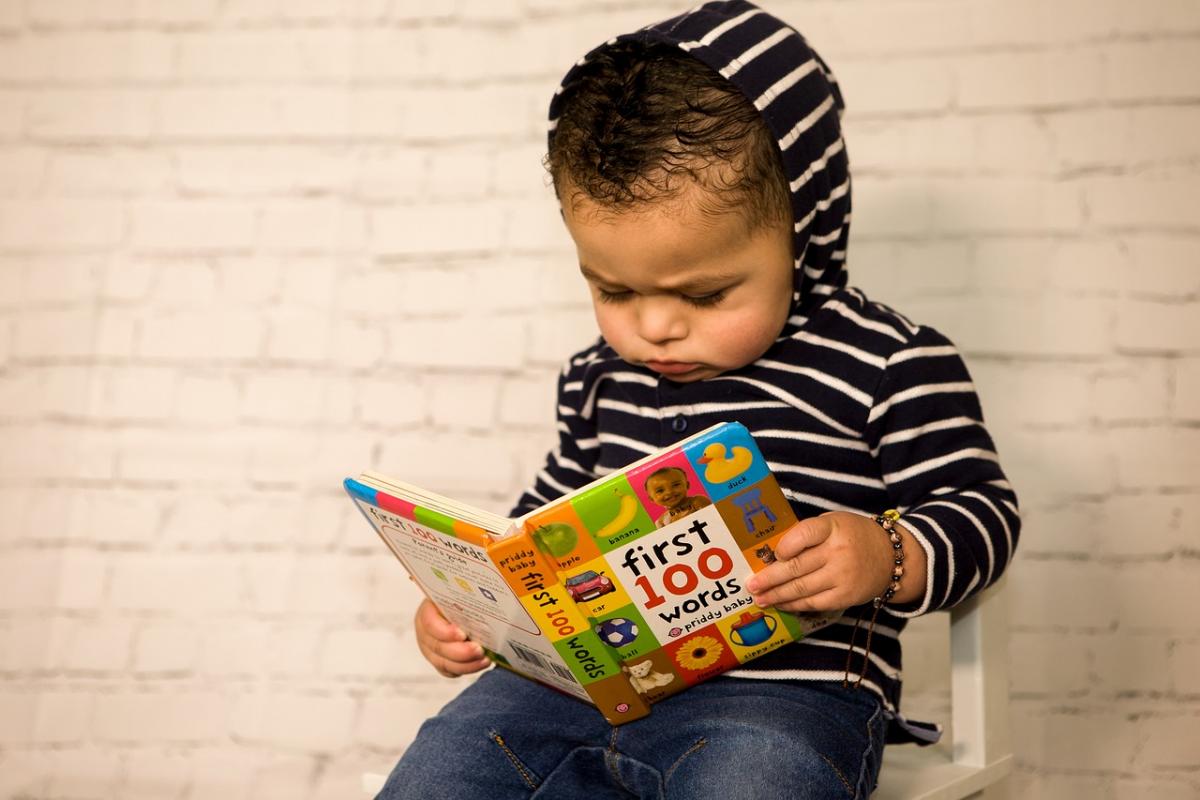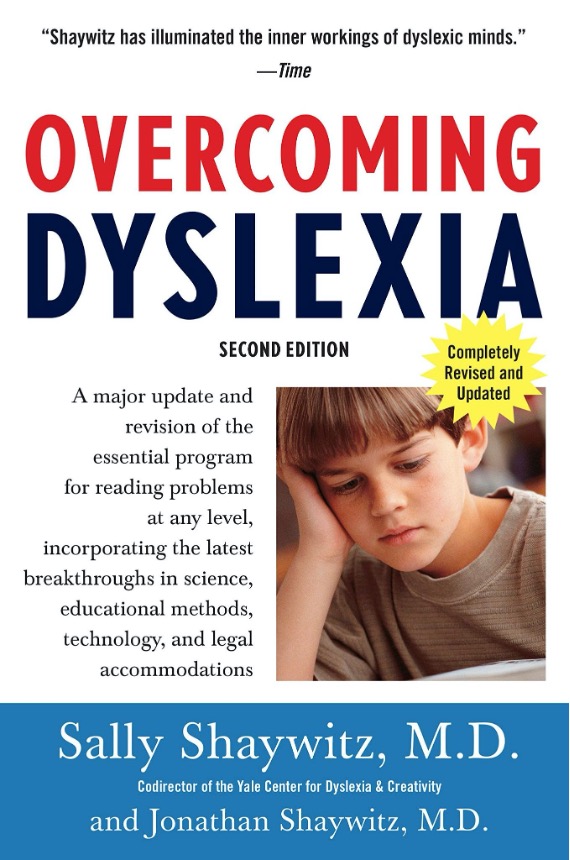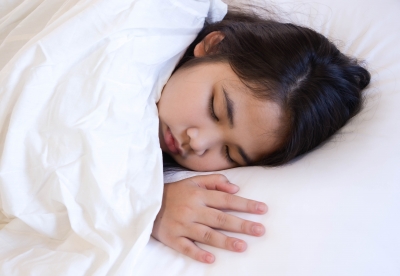
Early Signs of Dyslexia in Young Children
December 22, 2021
Book Club 2022: Overcoming Dyslexia 2nd Edition by Sally Shaywitz MD.
January 5, 2022





Lack of adequate sleep has been in the news for a number of years. Americans are getting less sleep and having greater problems with insomnia than our parents or grandparents. In children, poor sleep habits have been linked to disruptive behavior, problems with attention in school and general crankiness.
The American Medical Association in 2012 indicated that many adults are also sleep deprived. In adults sleep deprivation has been linked to a number of health problems including deficits in memory and heart ailments.
One recommendation for both adults and children is to stop the use of technology that has a “blue screen” at least one hour before bedtime. Researchers suggest anywhere from 1 to 2 hours without gadgets before bed. Items with a “blue screen” include laptops, desktop computers, smart phones, video games and TV. As the sun goes down our brain produces a hormone called melatonin that induces a feeling of drowsiness. If you have been camping or without electricity at home, the darkness makes us feel like it is time to go to bed. Light emitted by a blue screen interferes with the production of melatonin, delaying the brain’s preparation for sleep. This makes it difficult for both children and adults to quiet themselves to rest. Light activates our brain to be alert, so it would be difficult to turn off a video game and go right to sleep.
What to do:

Turn off the lights in the bedroom when it is time to sleep.
For more information, check out the collection of articles regarding sleep problems in children on the website sponsored by the American Academy of Pediatrics www.HealthyChildren.org.
Blogger Mary Ann Mulcahey, PhD, shares her expertise in assessment and diagnosis of learning disabilities and ADHD, and the social/emotional adjustment to those issues. If you have questions, please contact Mary Ann at .
Image courtesy of yingyo at FreeDigitalPhotos.net